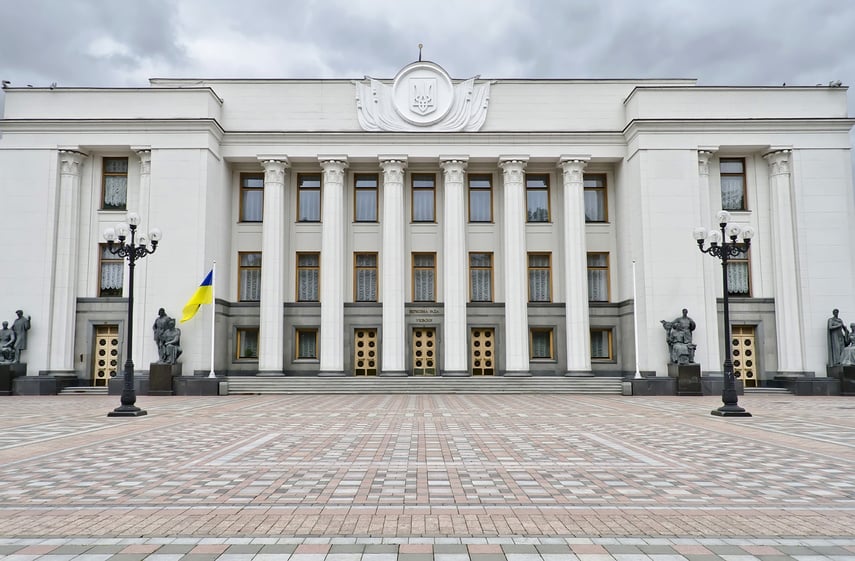The European Supervisory Authorities are preparing to designate critical third-party service providers under the Digital Operational Resilience Act (DORA). DORA, which came into force on 17 January 2025, enables the ESAs to designate key ICT providers to the EU financial services sector as critical, subjecting them to direct supervisory and oversight obligations. The ESAs have recently published a roadmap indicating their expected timeline for designations – with the final designations expected to be in place by the end of this year.
On 18 July 2024, the UK Financial Conduct Authority (FCA) published the findings of its multi-firm review on firms’ treatment of politically exposed persons (PEPs). This review is likely to be of interest to family offices and their advisers for the following reasons:
• UBOs of family offices are often treated as being within the scope of the PEP categorization.
• An overly restrictive approach to KYC and AML controls on the part of financial institutions can create friction and delays for family offices and their UBOs, and the FCA’s findings may provide some basis to push back on or query the approach on this point (see below).
• Given the FCA’s strong public stance on the PEP issue, we may see other global regulators following the UK’s lead in the future.
Regulation (EU) 2022/2554, commonly known as the Digital Operational Resilience Act (DORA), represents a significant step forward in enhancing the digital resilience of the financial sector within the European Union. Adopted by the European Parliament and the Council on 14 December 2022, DORA aims to establish a comprehensive framework to ensure that financial entities can withstand, respond to, and recover from all types of ICT-related disruptions and threats. The regulation entered into force on 17 January 2025, and applies directly across all EU member states.
The Agreement on Conformity Assessment and Acceptance of Industrial Products (ACAA) is an intermediary step for Ukraine to benefit from the mutual recognition of product quality between the EU and Ukraine until our country becomes a full EU Member State. The ACAA covers 27 groups of industrial goods/technical regulations. Ukraine’s ACAA implementation plan was sequenced in priority sectors to allow a step-by-step sectoral implementation of the ACAA.
Following the recent adoption of the Anti-Money Laundering and Counter-Terrorism Financing Amendment Act 2024 (Cth) (“AML/CTF Amendment Act”), AUSTRAC has now turned its attention to amending the current AML/CTF Rules in order to provide clarity and guidance in relation to the significant changes to the AML/CTF regime.
AUSTRAC has released the first Exposure Draft, which details the proposed amendments to the AML/CTF Rules (“New Rules”) and have invited industry feedback on the contents of the Exposure Draft. AUSTRAC has aimed to construct the New Rules in a way which provides clarity to reporting entities with regard to their AML/CTF obligations and removes overly prescriptive and rigid requirements, as well as granting reporting entities with flexibility in the way they comply with their AML/CTF obligations.
On 27 January 2025, the law deriving from draft Bill No. 7961 (“Law”) introducing significant changes to the laws governing the Register of Beneficial Owners (Registre des Bénéficiaires Effectifs (RBE)) and the Trade and Companies Register (Registre de Commerce et des Sociétés) was published in the Luxembourg official journal.
These changes align with the ruling of the Court of Justice of the European Union of 22 November 2022, aiming to balance transparency for anti-money laundering and countering the financing of terrorism purposes with enhanced privacy protections.
On 13 December 2024, the new “Regulation (EU) 2023/988 of the European Parliament and of the Council of 10 May 2023 on General Product Safety” (“GPSR”) came into force.
The GPSR repeals the General Product Safety Directive (2001) and introduces an updated regime to ensure product safety in light of evolving technologies and means of trade. As a regulation, the GPSR is directly applicable to all EU member states without the need for national transpositions.
The Singapore Parliament has passed the Protection from Scams Bill (“Bill”).
The Bill is intended to address the concerning situation surrounding scams in Singapore, with a high number of scams being observed despite other recent measures and extensive public education efforts in recent years.
On 23 January 2025, the US Supreme Court granted the US government’s application to end the nationwide preliminary injunction against enforcement of the Corporate Transparency Act (CTA) issued by the District Court in Top Cop Shop on 3 December 2024. This injunction is currently on appeal with the Fifth Circuit. However, a separate nationwide order that also stayed the CTA beneficial owner reporting deadline remains in place. This order was issued by a different federal judge in Smith v. US on 7 January 2025.
The Financial Services Authority (Otoritas Jasa Keuangan or OJK) has finally unveiled the much-anticipated implementing regulation for the new chapter of financial conglomeration. OJK Regulation No. 30 of 2024 on Financial Conglomeration and Financial Holding Company governs the establishment or appointment of a financial holding company (perusahaan induk konglomerasi keuangan or PIKK) – a legal entity tasked with controlling, consolidating and overseeing all of the financial conglomerate’s activities. This regulation was promulgated and became effective on 23 December 2024.



